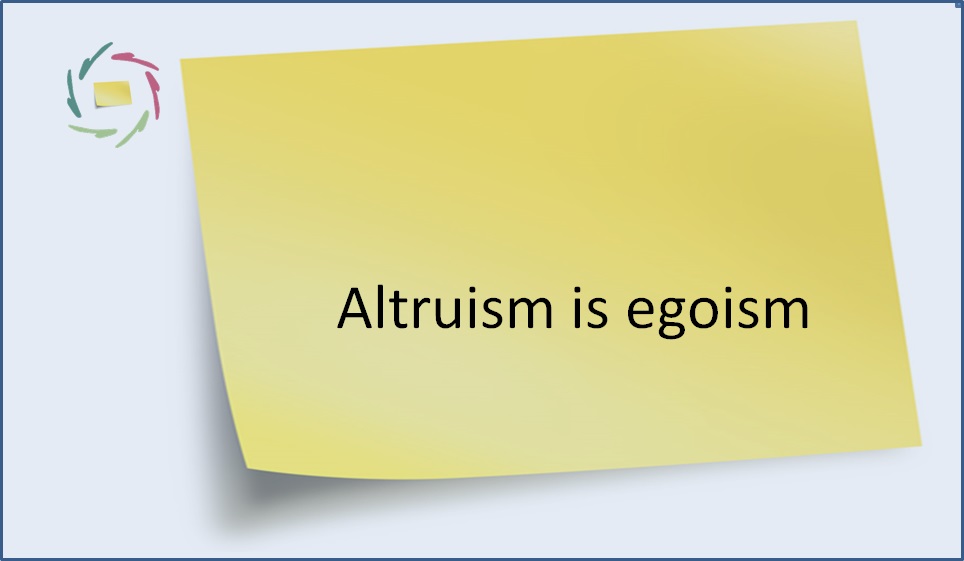From Deep Meaning to Post-Capitalism

We seem to be stuck in capitalism, yet capitalism itself seems to be stuck. Can ‘deep meaning’ help us to get beyond?
Monetary values are measurable.
For pure-capitalism (!) to work perfectly, everything needs to get a value that is measurable, comparable, thereby making the valued thing tradable. The most abstract trade is of course the one against ‘money’ in a broad sense. Thus capitalist values are all in a certain way monetary.
Contrary to this, end values are immeasurable.
End values are human dignity, beauty, wisdom… One can also add for example: human happiness and well-being of future generations, sustainability, nature as a whole…
Surely, one can ask 100 people to put a grade on anything, no problem. This way you can measure their opinion, but this itself is not an end value. It’s just a very subjective way that our 100 people give an answer to a question. To me, the end value itself stays completely out of this picture. End values remain immeasurable. In addition, they are always related to deeper meaning.
Not measuring what can be measured, doesn’t lead to an accumulation of knowledge. The value of knowledge might be seen as an end value, so: that’s OK, globally. However, trying to measure an end value is just absurd. As is also: not valuing anything just because it cannot be measured.
Yet, and here comes the perhaps still amazing part:
Every measurable value is only real in relation to end values. Thus: monetary values are always relative.
They only give the impression of being more than relative because of their measurability, giving an illusory sense of concreteness. Notwithstanding, in a purely-capitalistic (!) system, everything is ‘monetized’. The value of such system as a whole is dependent on 1)the quality of the end values in question, whether implicit or explicit; and 2)the quality of the relation between money-values and end values. Shortly put: the end values are the important ones.
The paradox of end values.
You may notice – also in the above enumeration – that the concept of end value is quite fuzzy. Is it something that ‘most people agree upon’? Then the previous 100 people-case would be correct. Or does it make abstraction of this? Is an end value a rather more ‘Platonic’ concept, being an abstract idea? It seems problematic, but not therefore less important! End values are in fact the only things of importance, since we saw that all other values are only real in relation to them.
It’s a paradox. We have to live with it. We have to make the best of it.
Pure-capitalism does NOT make the best of it. Most of the huge problems that we now see worldwide are the result of a poor dealing with end values: global warming, rich-poor divide, soring amounts of stress and burnout, identity politics… and last but not least pure-capitalism itself which can be seen as a cause and result at the same time.
What can we do? Respecting the importance of ‘deep meaning’.
This is a never ending challenge, not an impossibility! I see for instance as a main goal of mental coaching: to search together with a coachee to what things deeply mean to him/her. It’s a search and a dealing with deep meaning. This way, coaching itself shows the way to post-capitalism.
Very important also is that the relevance of all this starts at a young age, with our youngsters’ education. Does this need to be geared towards sculpting workforce, or rather towards creating deeply meaningful lives for meaningful citizens? This is:
Do we choose for a future with deep meaning or a future without?
I know my personal answer, fundamentally.


